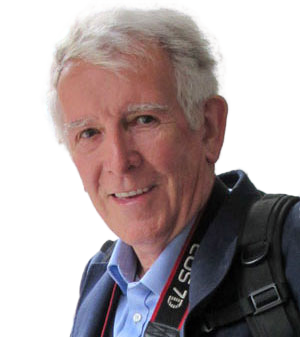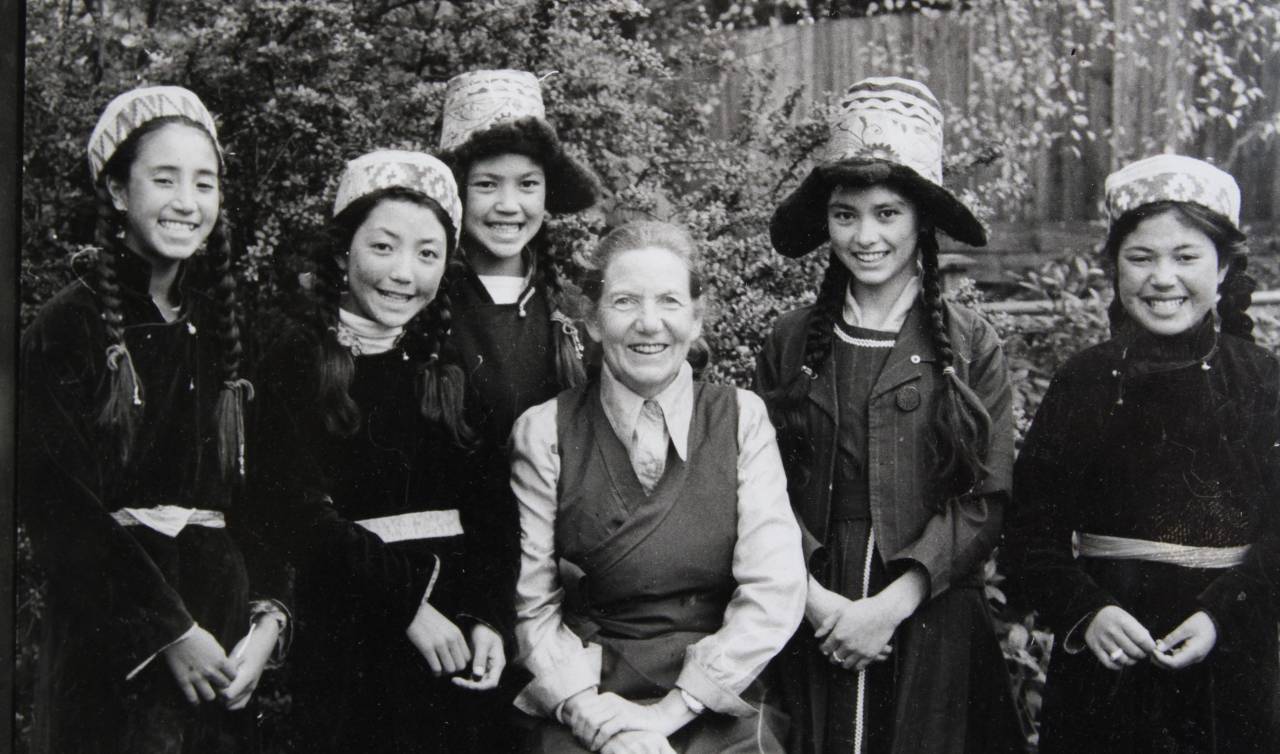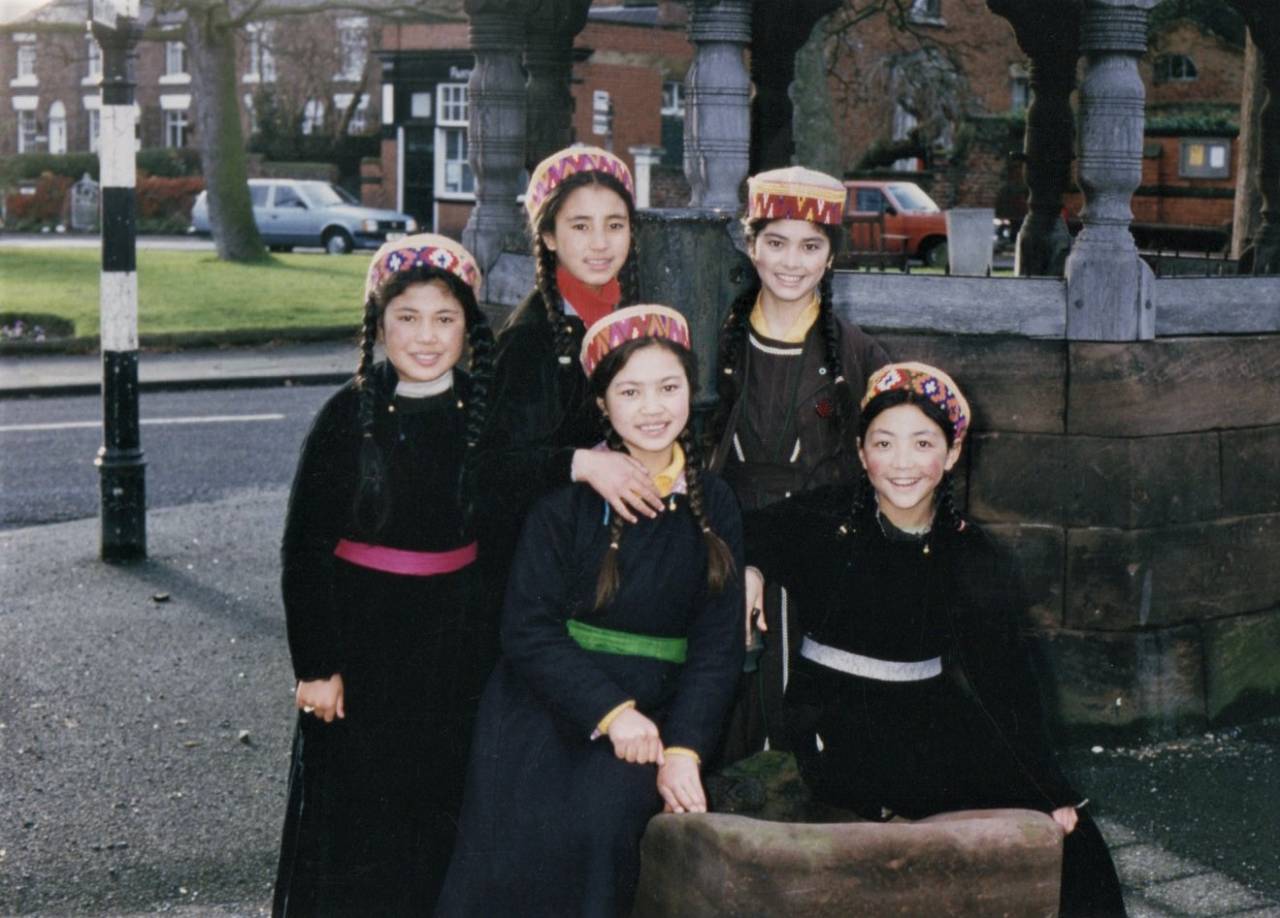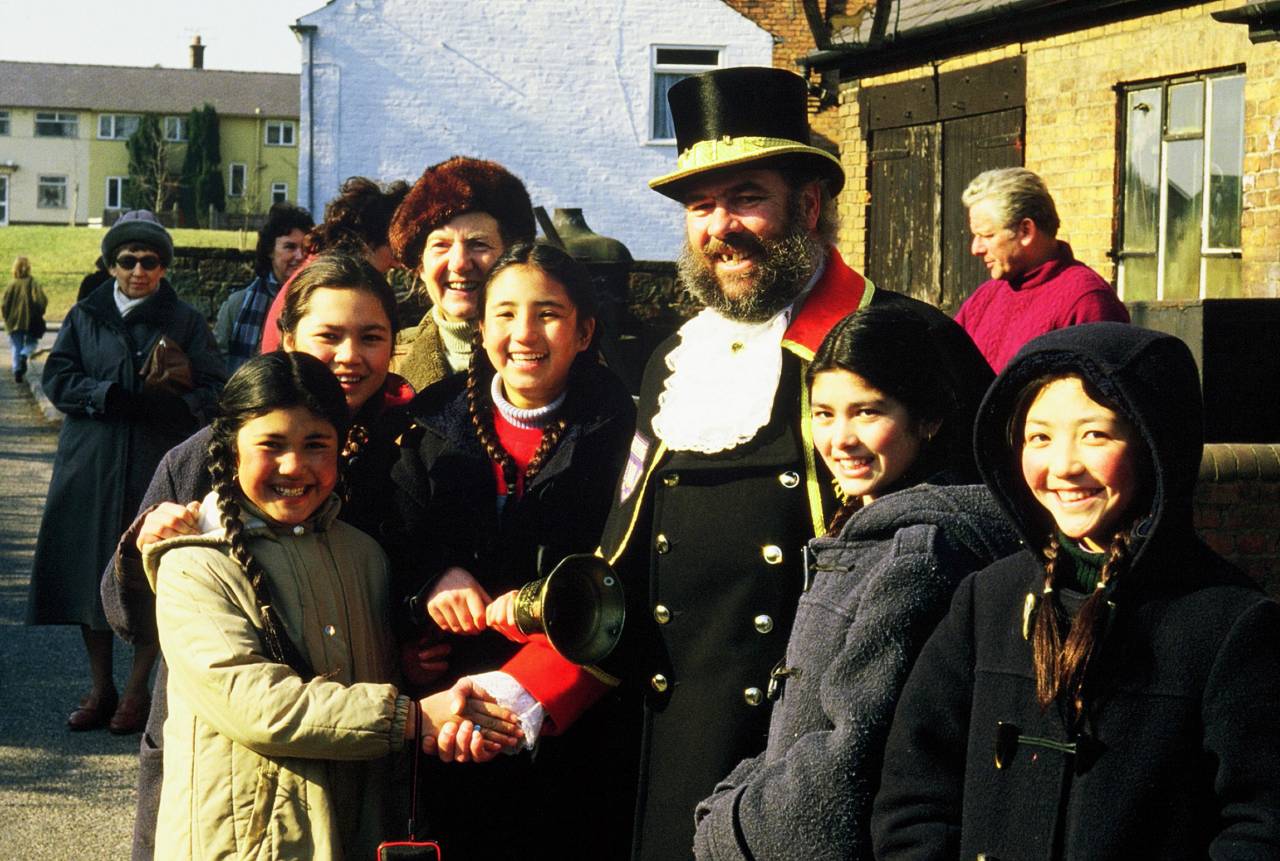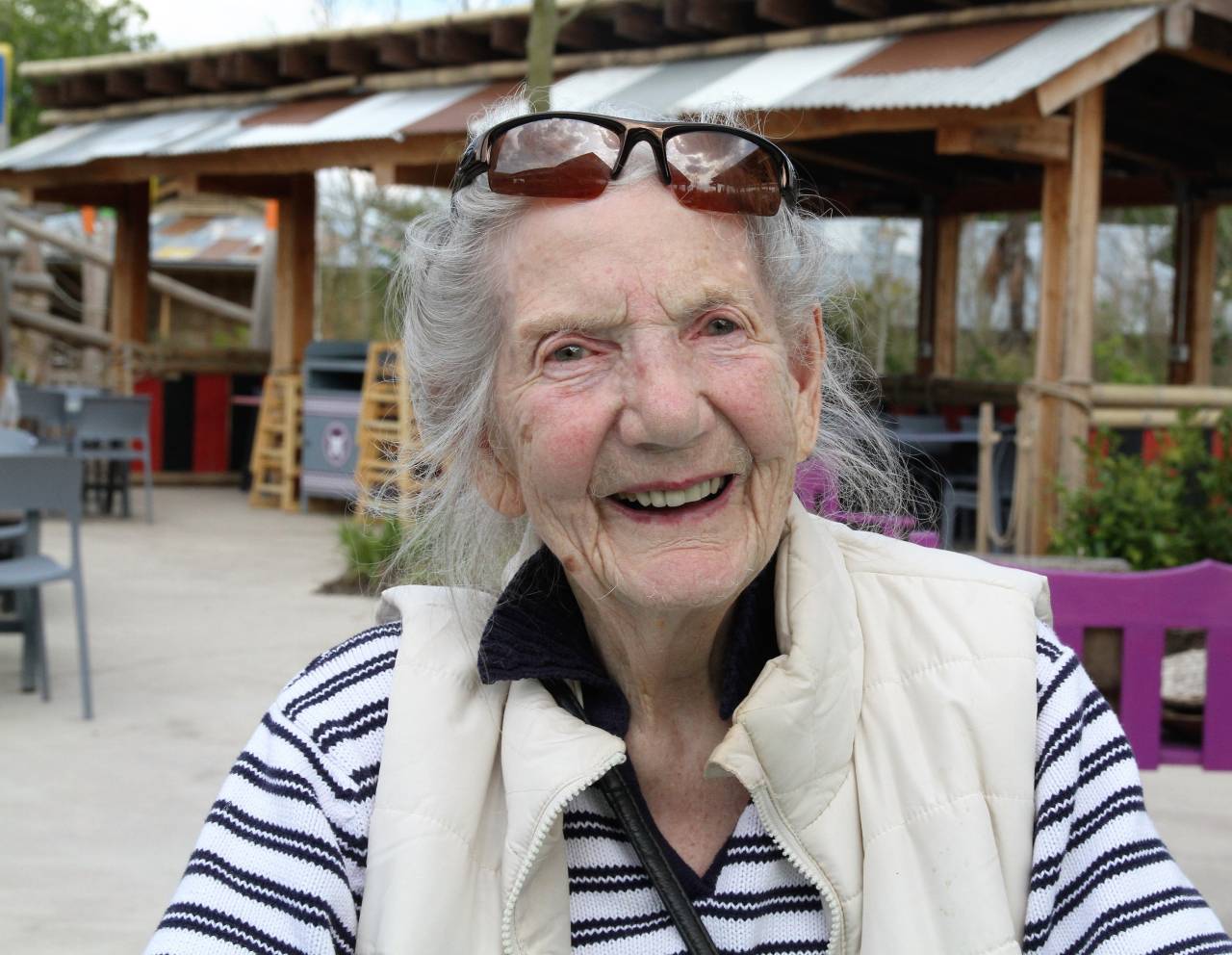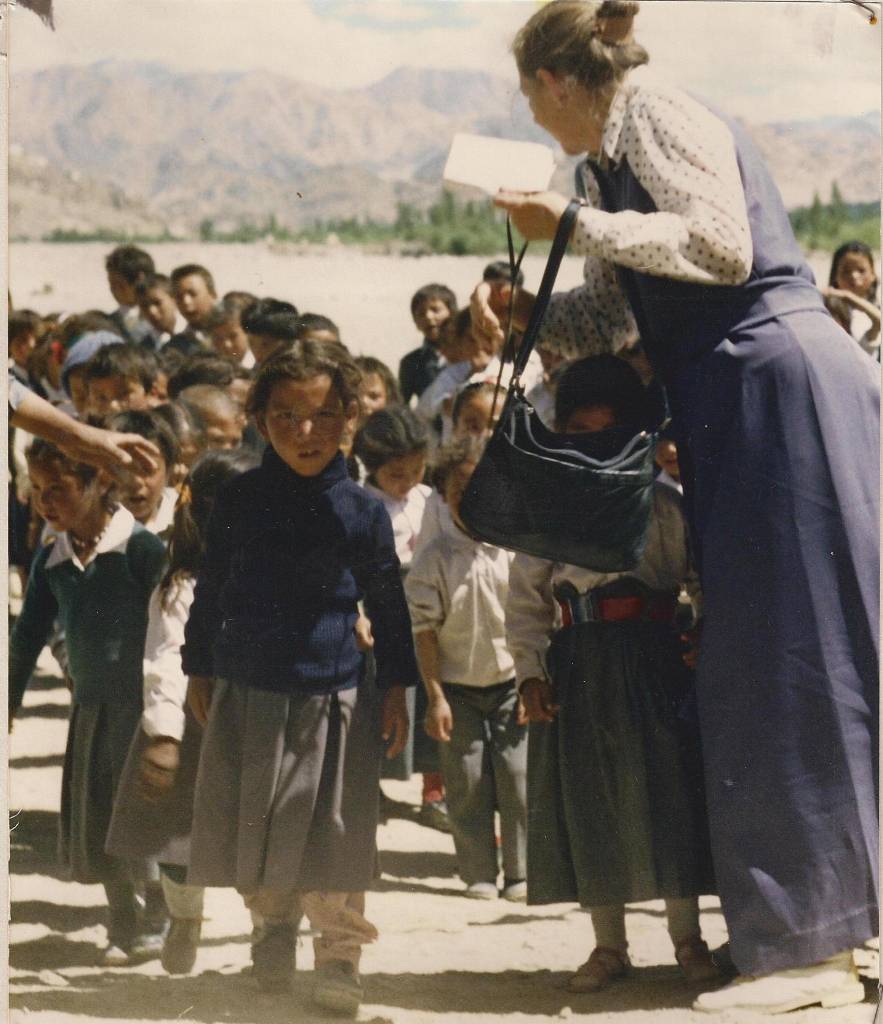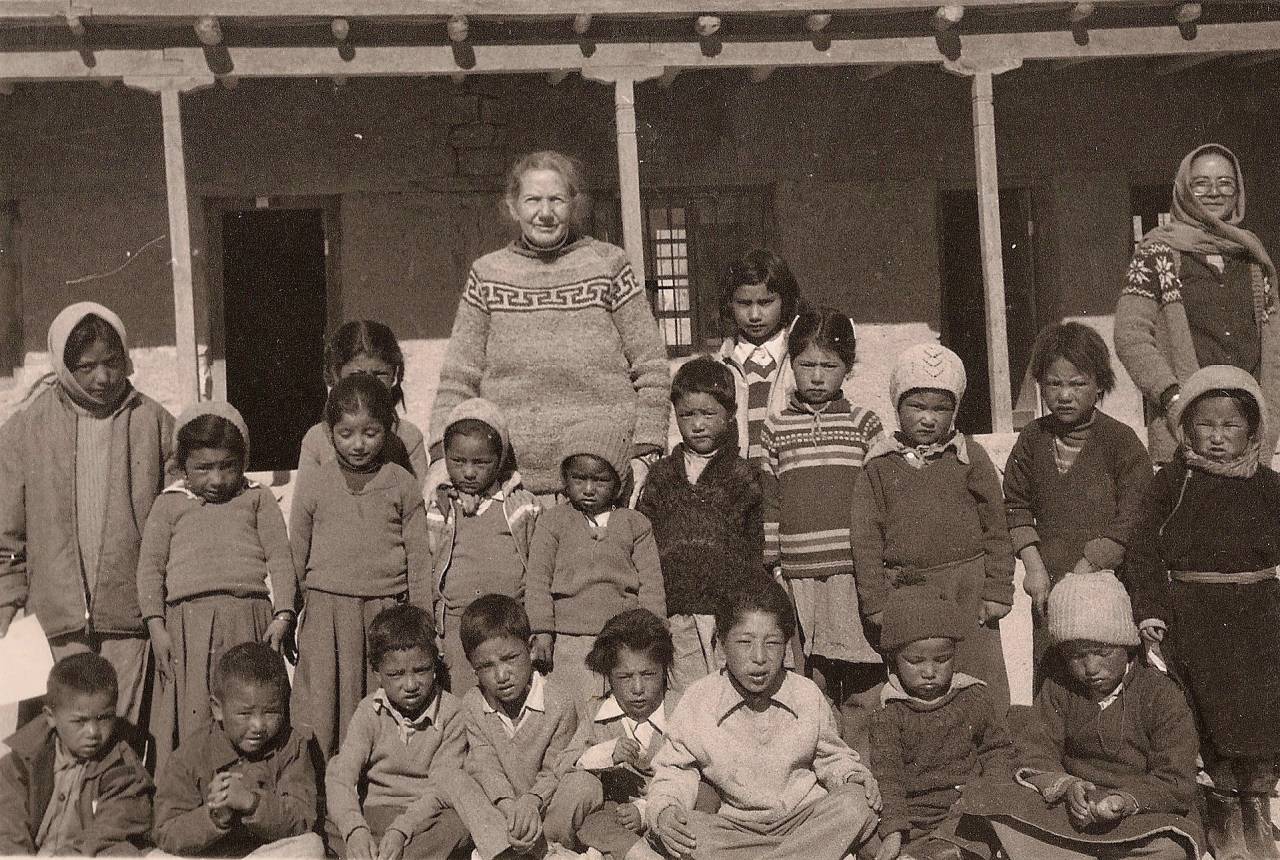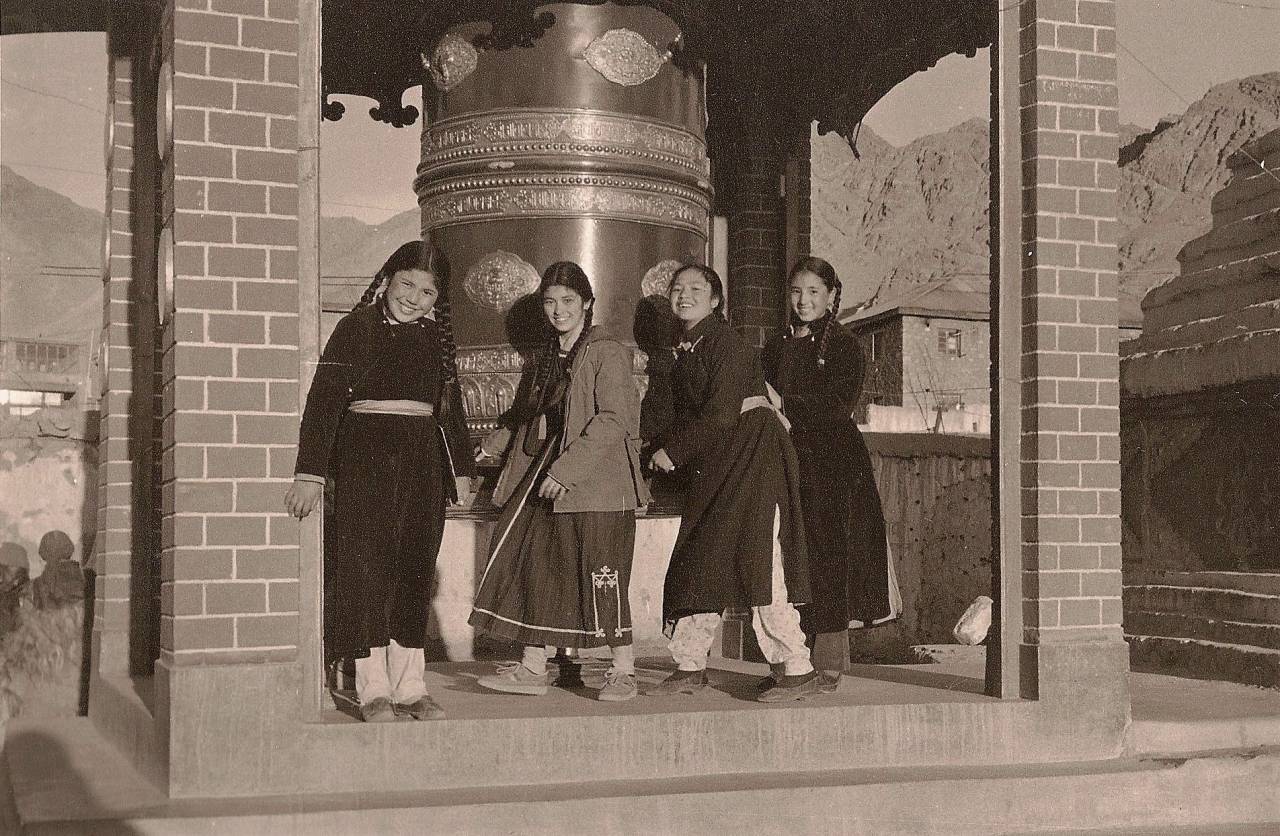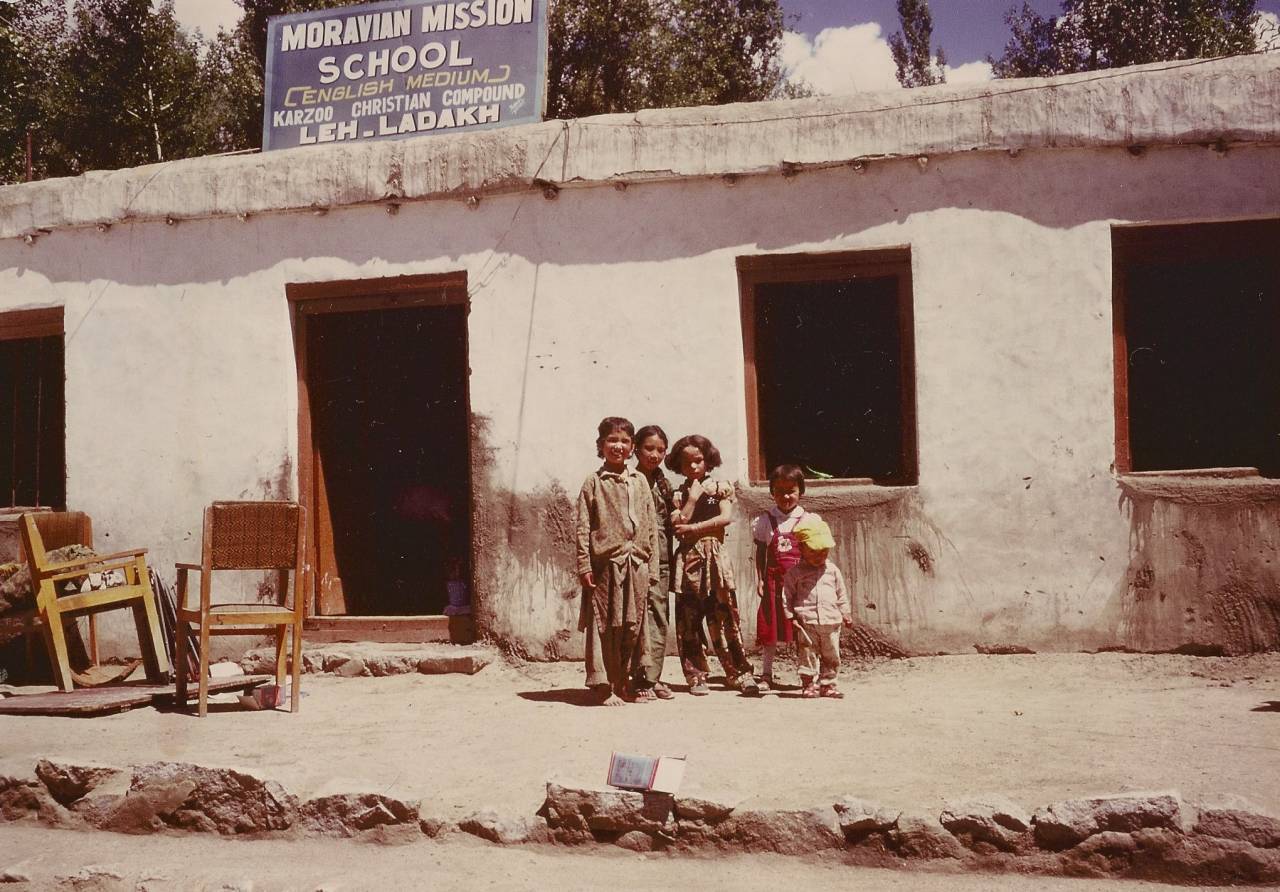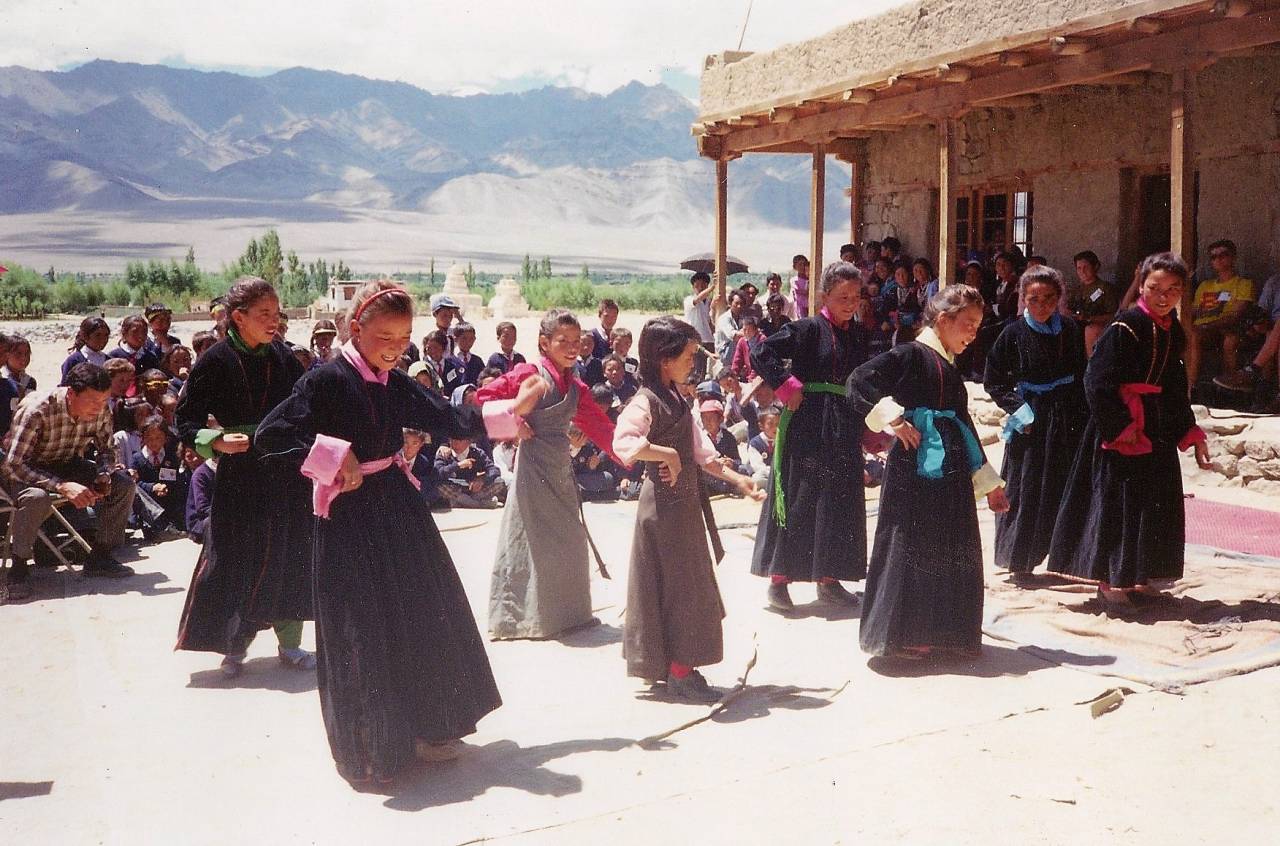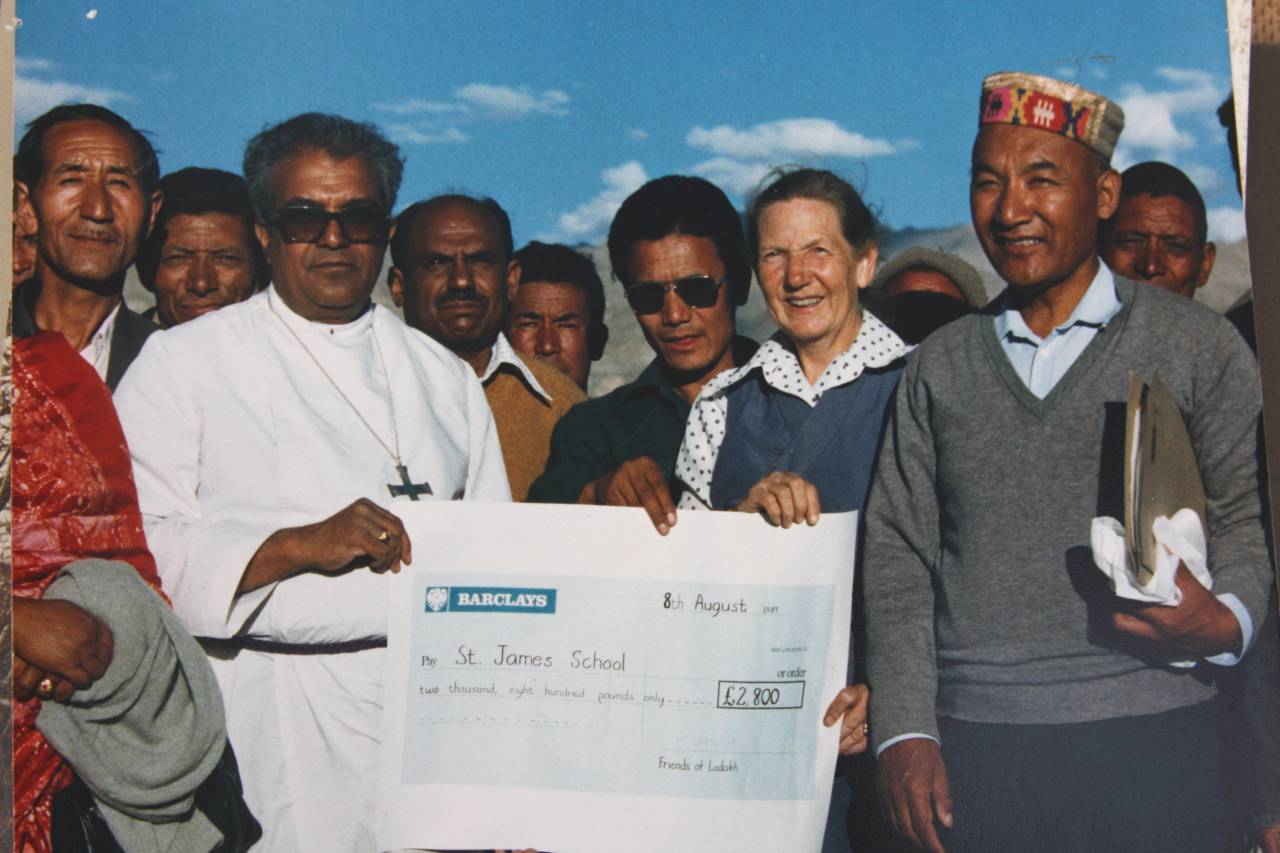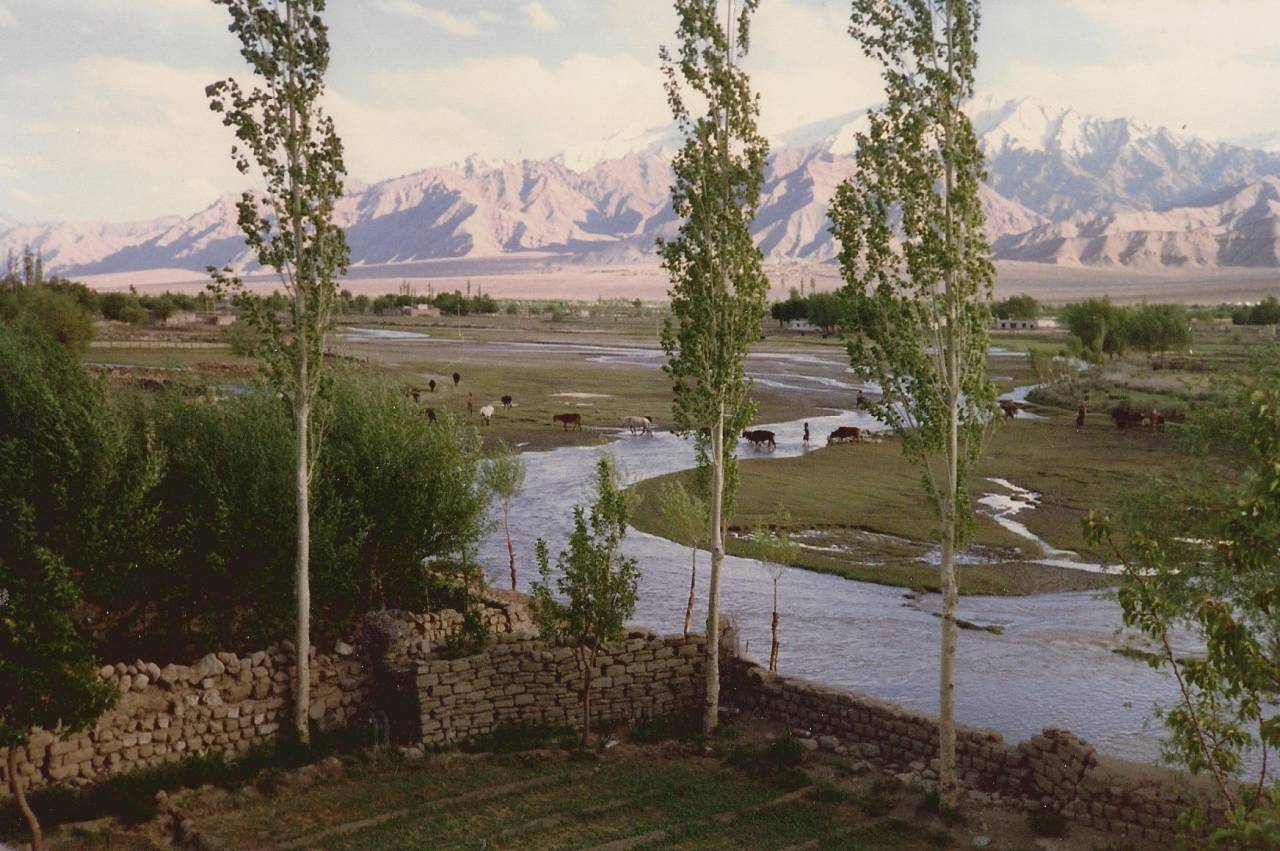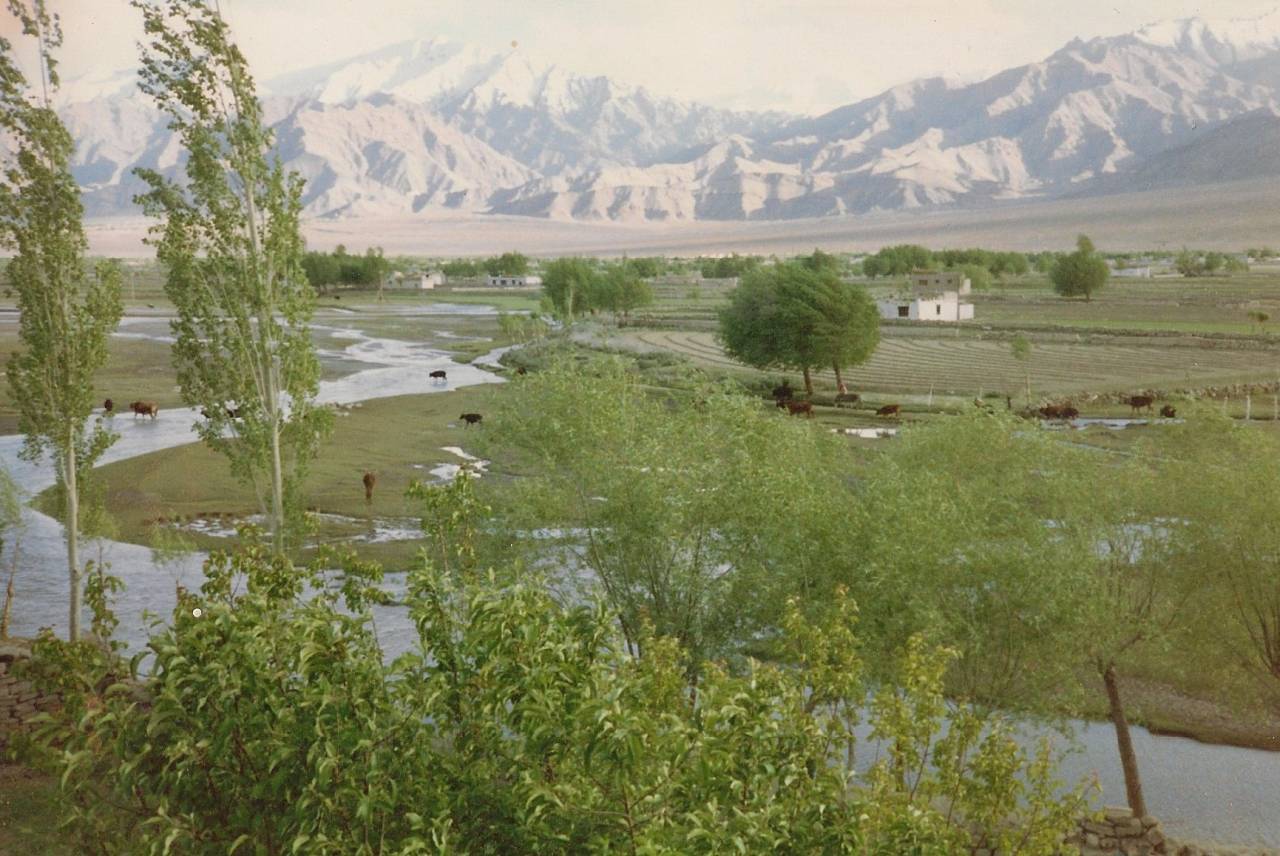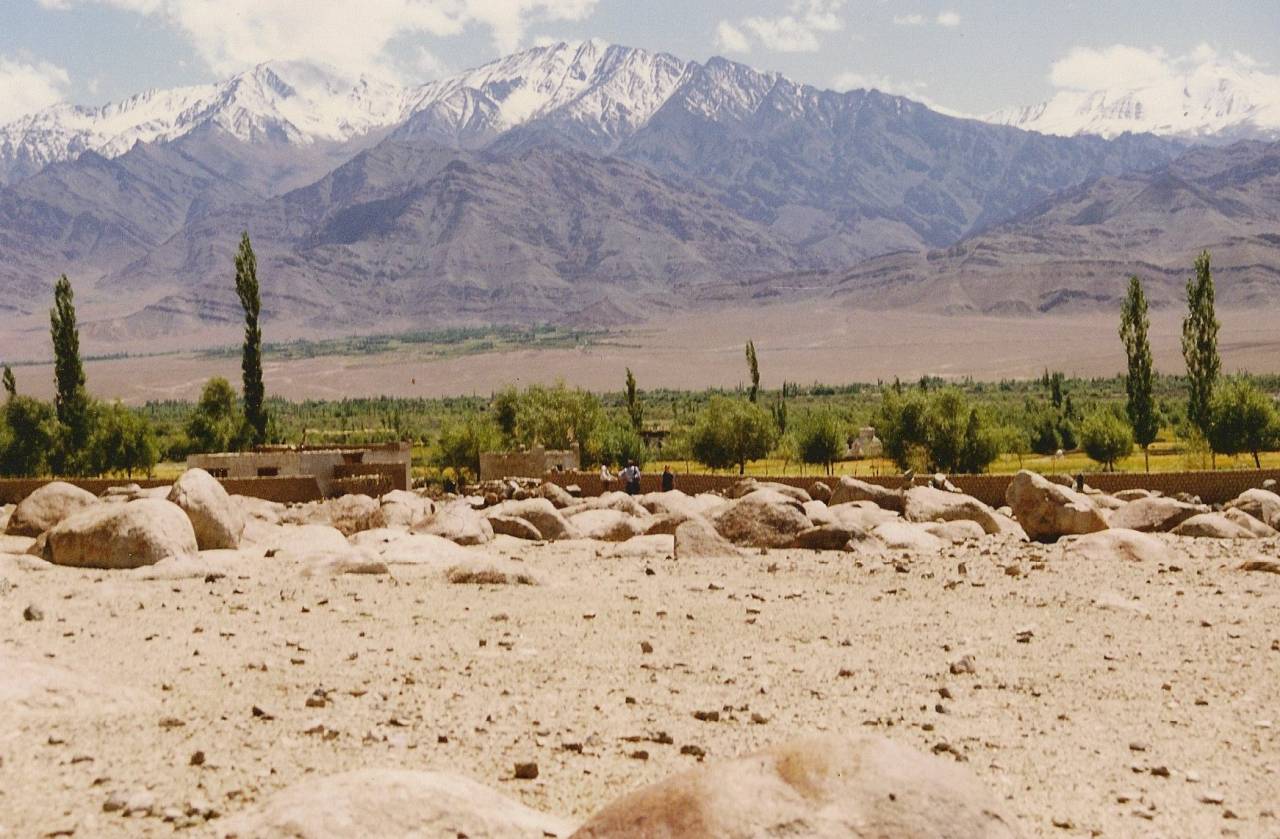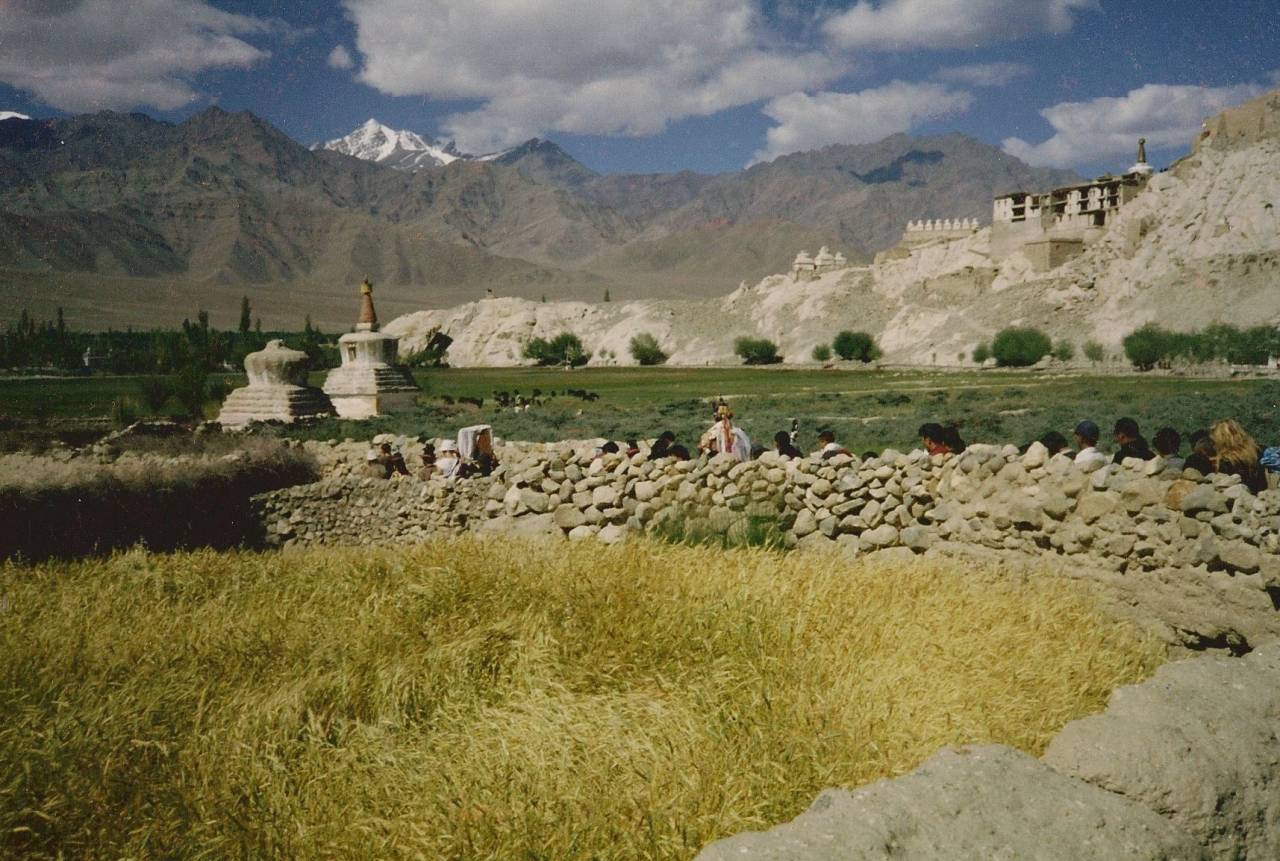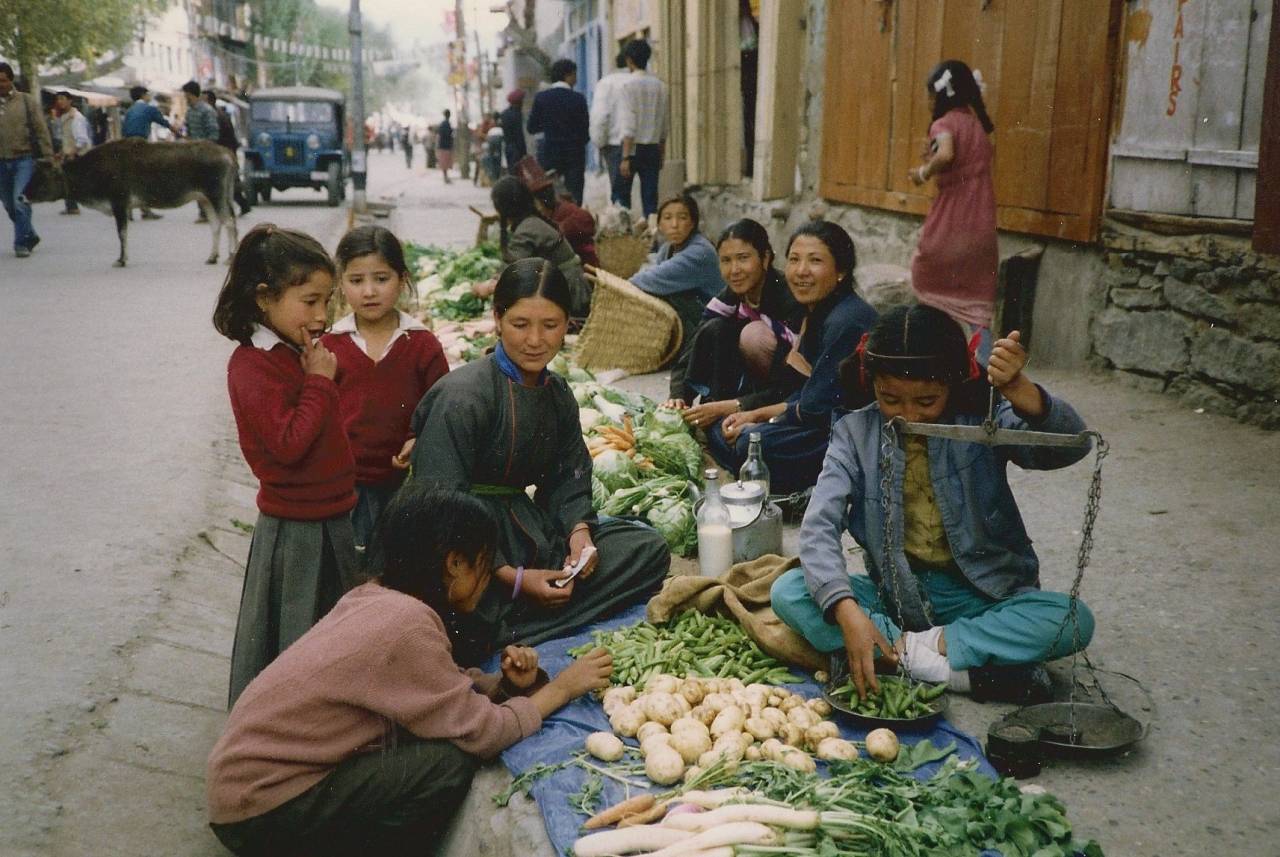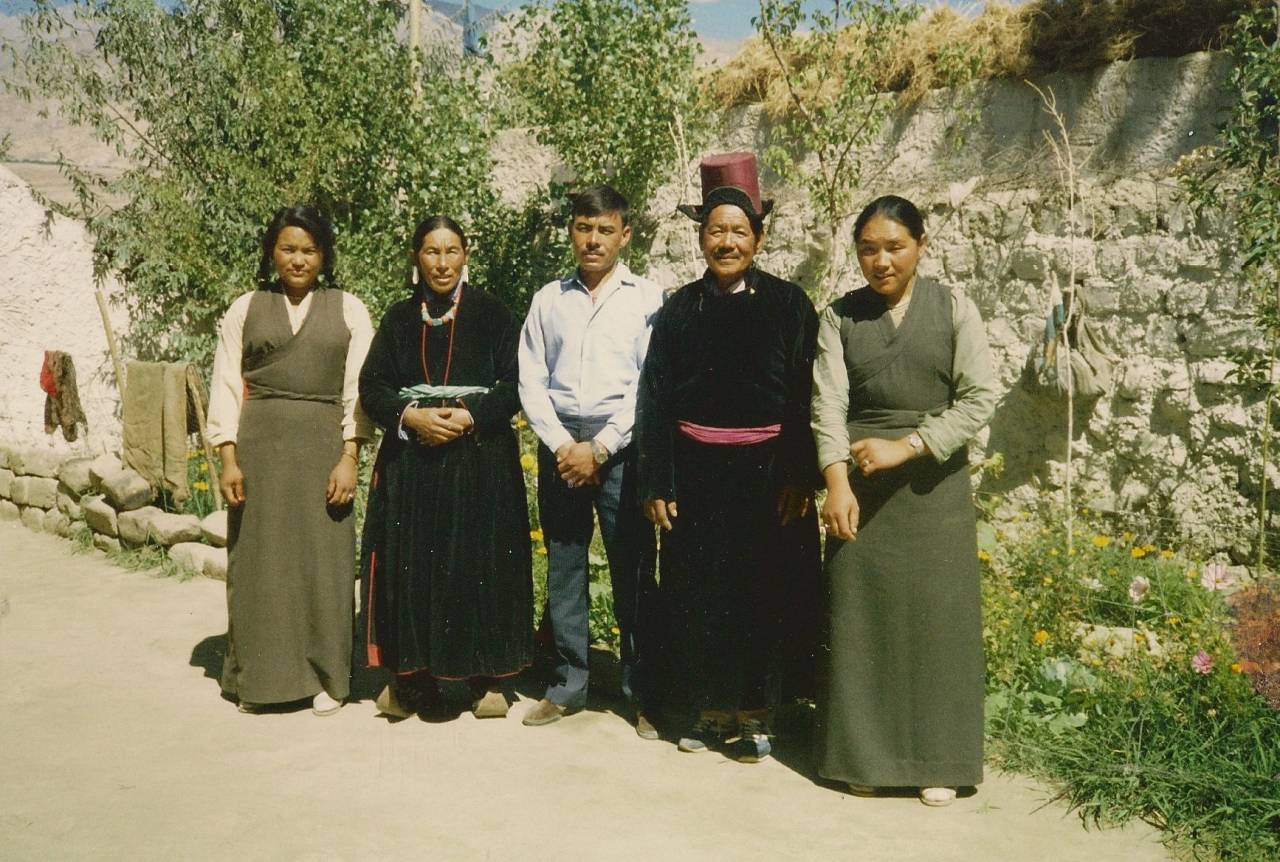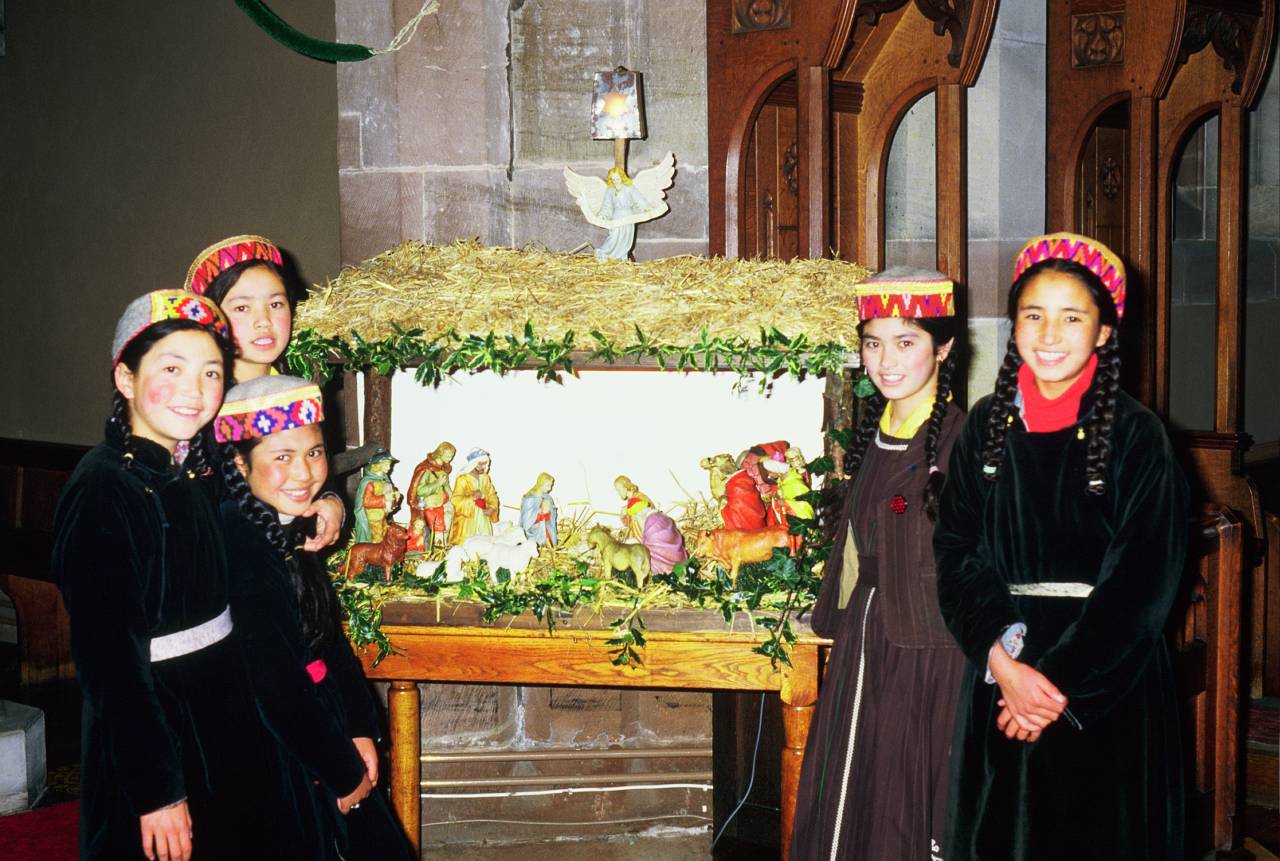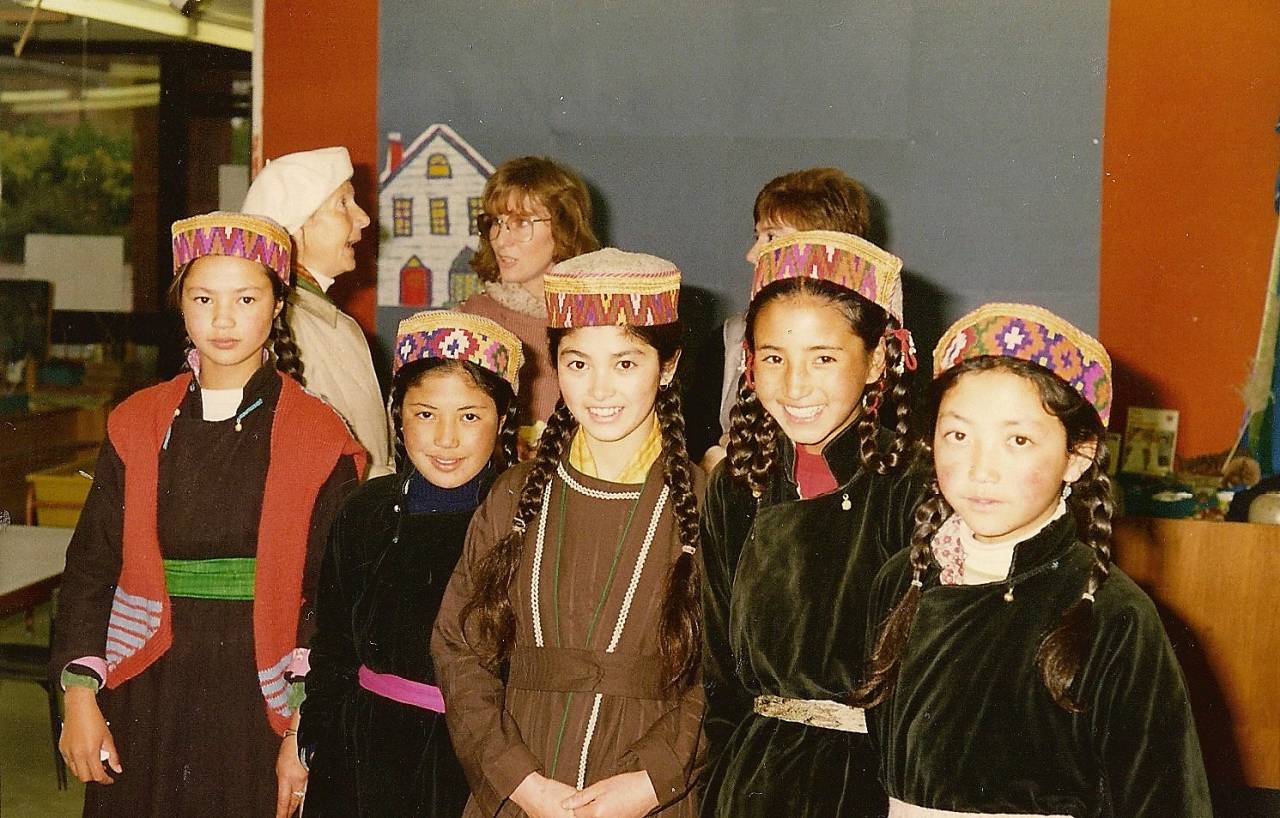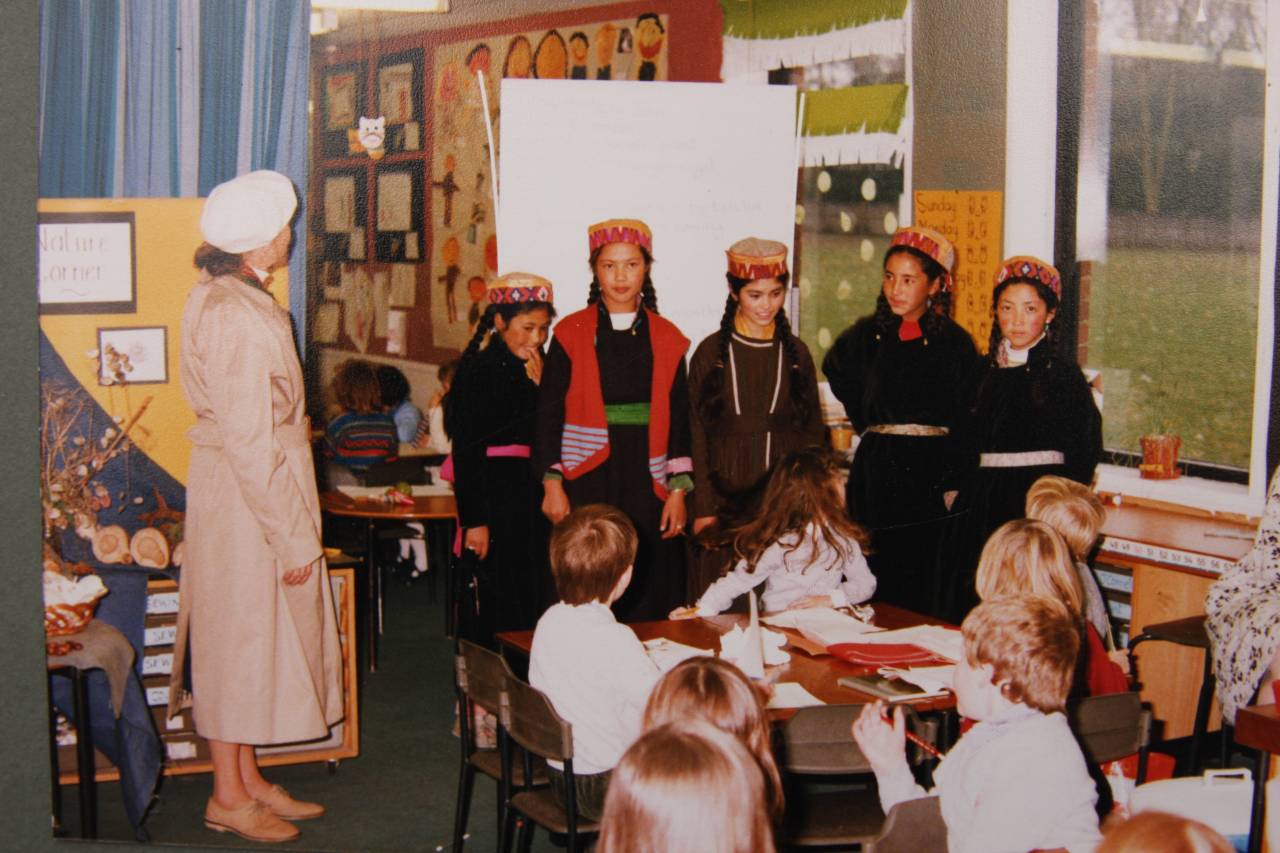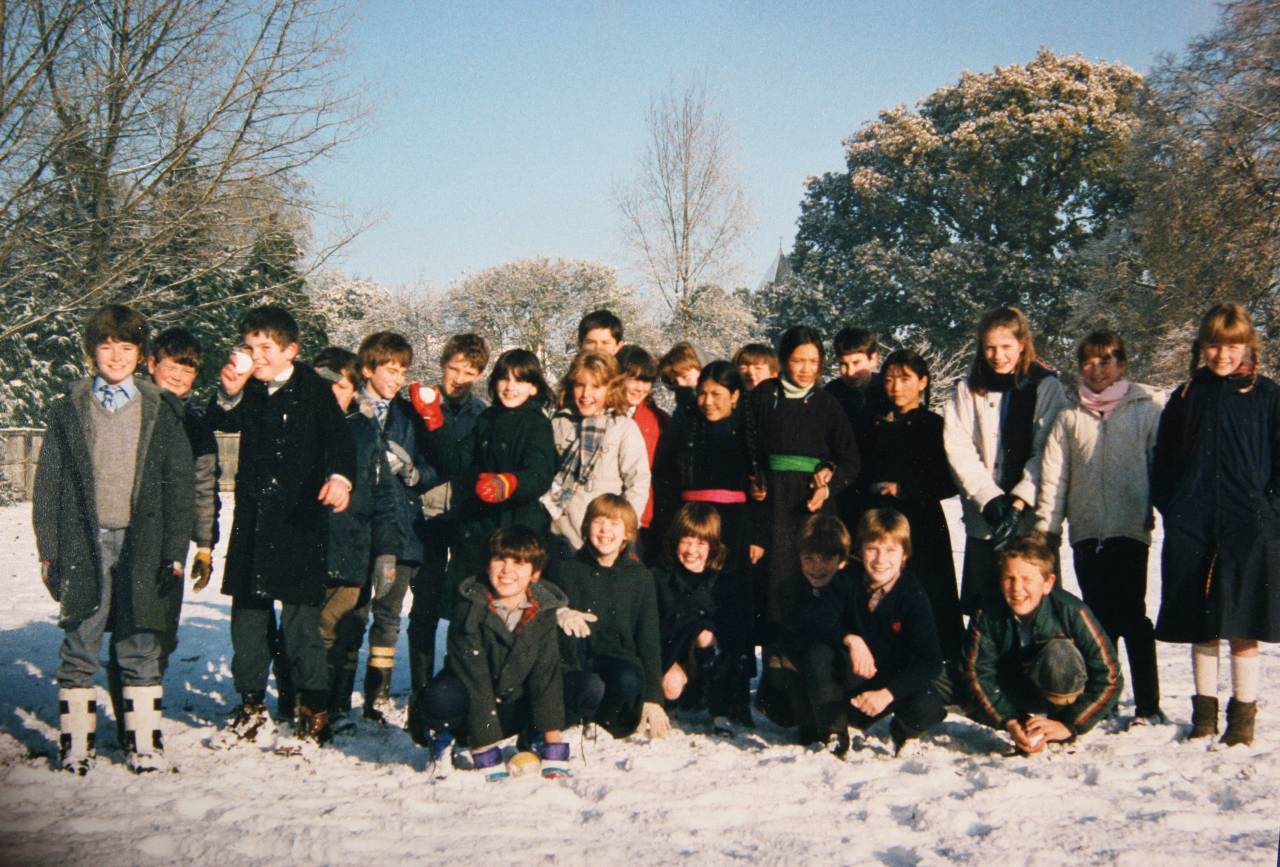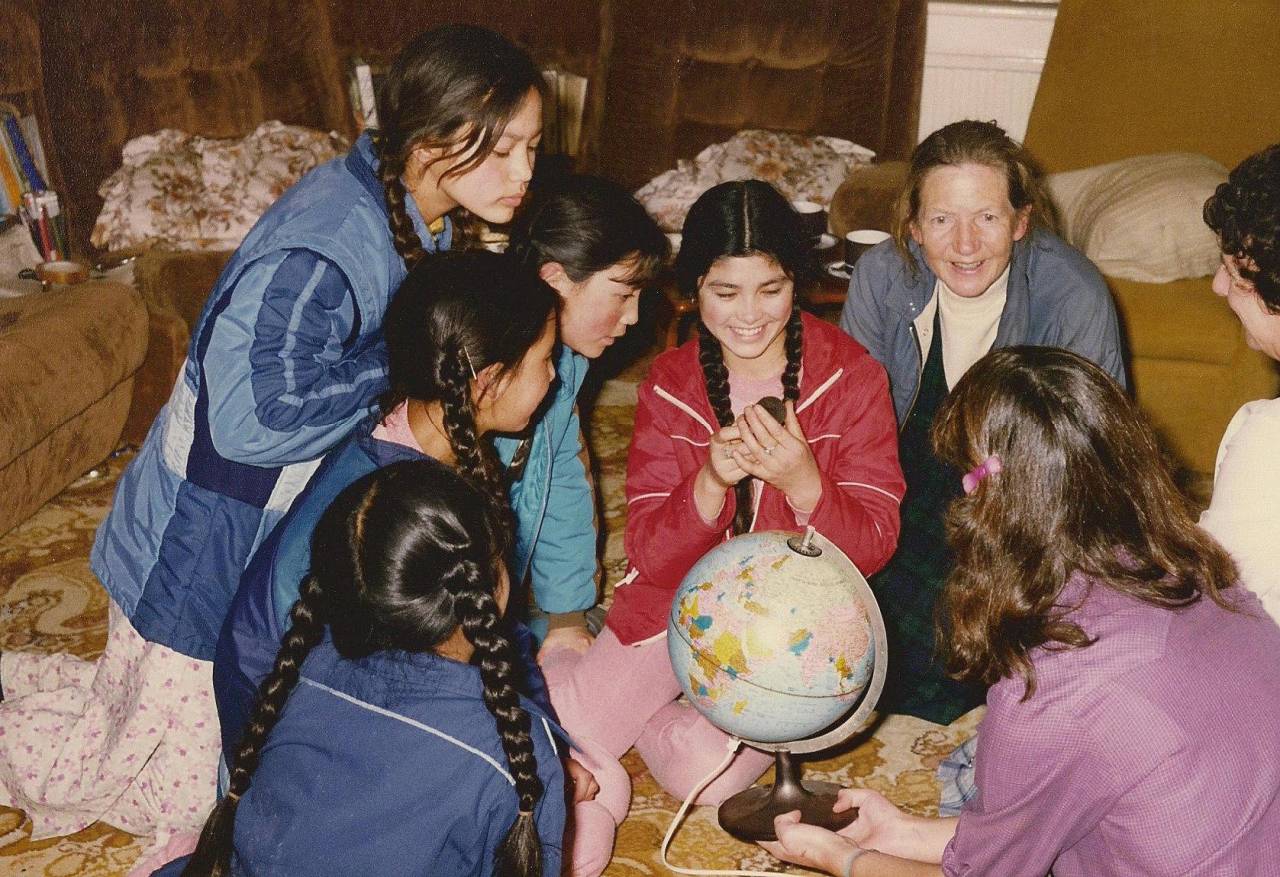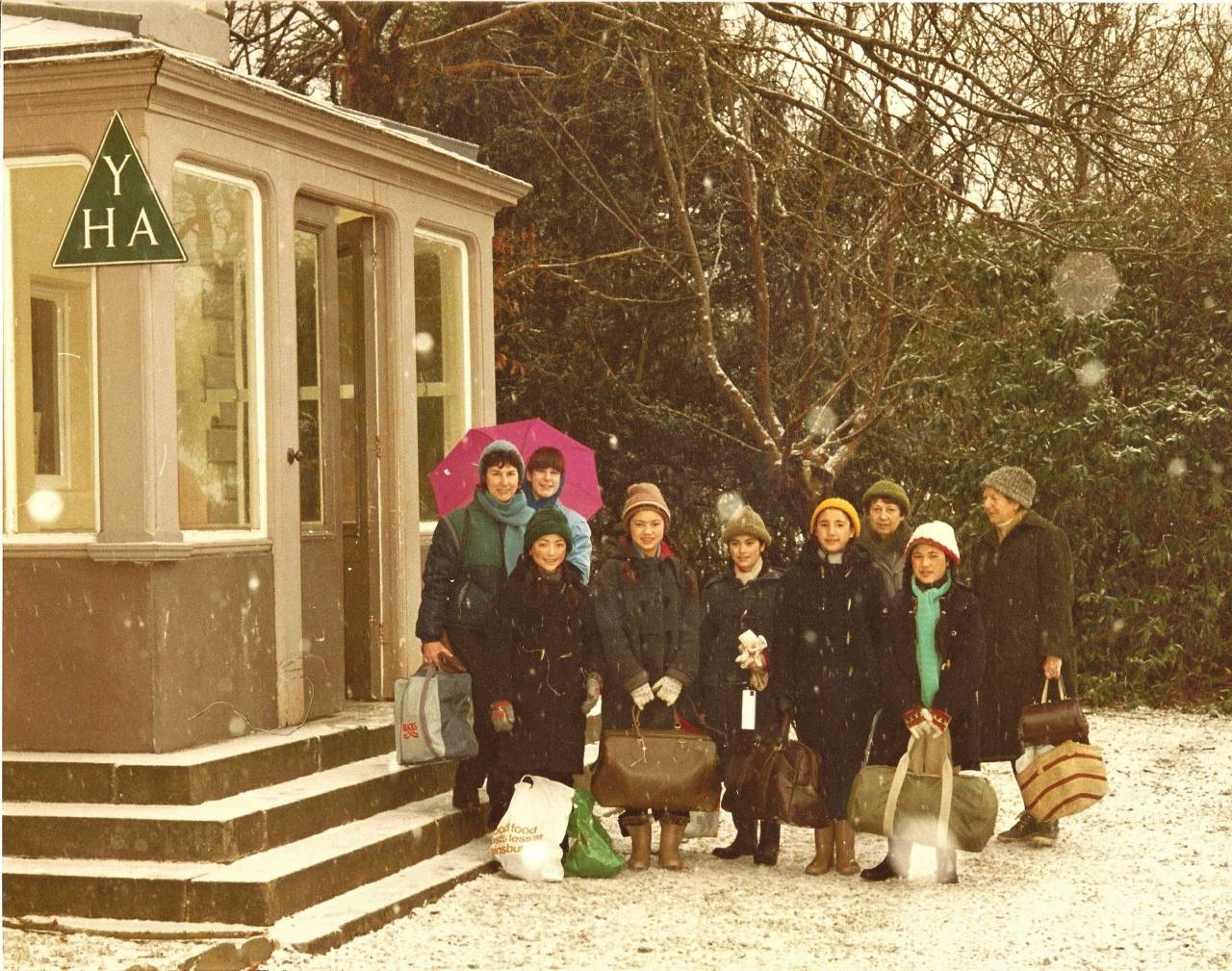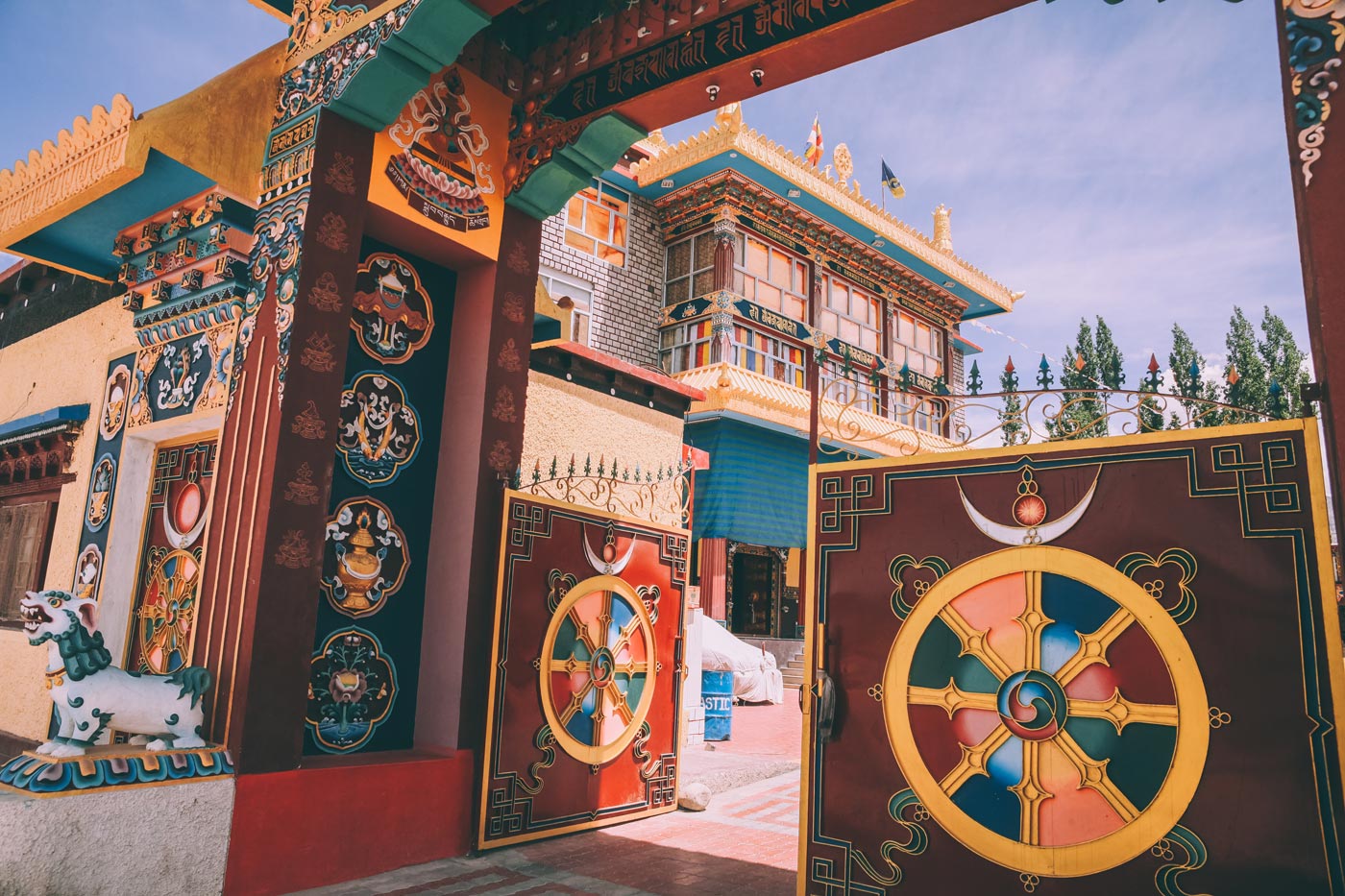
People from the Christleton History Archives
The Girls from Ladakh
Throughout the 1980s parishioners at St James’ and the village community were raising money for a fascinating school project in Leh, Ladakh in the western Himalayas. Gertrude Wright from the village had established a small school (St James’) at Shey outside the capital of Leh catering for local children and refugee children from Tibet.
Leh an ancient town in the Kashmir region of India is located at 11,550 ft (3,520 m) in one of the most remote areas of the Indus Valley surrounded by the towering peaks of the Ladakh range, itself an extension of the Karakorum Range. The climate is extreme, being cold and dry with very little rainfall,(3inches or 80mm a year) and the growth of vegetables, barley, maize and other crops is done alongside the banks of the Indus.
Gertrude’s school at Shey was built out of mud brick walls, and was fairly primitive in our eyes. The children were taught in English and followed an English syllabus. They had a distinct style of dress as can be seen in the pictures. The children who we grew to know were regularly asked to collect water from the Indus in jerry cans, or grind corn and maize into flour at the village Mill before attending school in the mornings. Dried yak dung was used for fuel although there was a small amount of firewood available from shrubs growing in the mountains.
The visit of the five girls to the village was a great event, not only for them, but also for us. The children, Bimla, Bilques, Ruth, Ruth Mary and Anju were exceptional. They were naturally very shy, but had delightful personalities and fitted in well with the children at both schools. Gertrude Wright quotes,” They were extremely happy with the wonderful welcome they had at the school thanks to Mr Cummings, his staff and students, and made great progress in their English. They also loved the village itself” They took part in all aspects of school and village life, attending church, school concerts and other activities, and were eager to show off their dancing skills with several Ladakhi dances dressed in their traditional costumes. They were present at the start of the Christleton 6 mile race, and swam in the High School Pool, causing some anxieties as they had never worn swimming costumes before, and had not swum except in the cold waters of the River Indus. What was amazing was their ability to go long distances under water, as living at 11,550ft they had amazing lung capacity.
The girls came from Christian, Hindu, Muslim and Buddhist backgrounds, and it was a wonderful example of how people from different faiths could live together. They certainly taught us a lot. The girls were very clever, and exceptionally good at mathematics, and on their return two of the girls went to University and became Doctors, the first lady doctors in their community. We took them up to the Lake District for a weekend break, and looking up at the Lakeland peaks around Hellvelyn, asked “When are we getting to the mountains?” It must have seemed home from home as the Lakes and waterfalls were frozen and thick with ice.
Gertrude was a wonderful host. The children called her “Amaly” and the links were strengthened when the girls returned home, with regular communication between youngsters from the Primary school, and people from the village community led by Margaret Croston started collecting sweaters, T shirts, & other clothing, books, pencils & materials etc. for the school at Shey. The Cummings family also did a sponsored walk of the Pembrokeshire Coastal Path and raised enough money to build three new classrooms, and some glazing. Later in 2000 as part of our Millennium Festival we donated £500 to a literacy project that one of the girls was working on in a village near Leh. St James’ School at Shey now seems to have been absorbed into the International Lamdon School Project which aims to preserve the Ladakhi and Tibetan Culture, but our links with the community still exist through students and friends. There is an excellent short YouTube video featuring Lamdon School, Ladakh which I recommend and which you can view below.
-
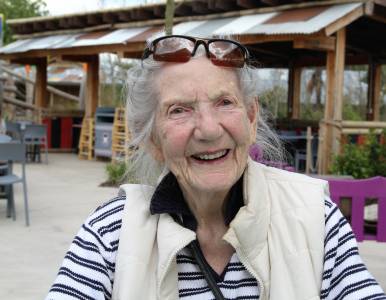
Gertrude Wright
-
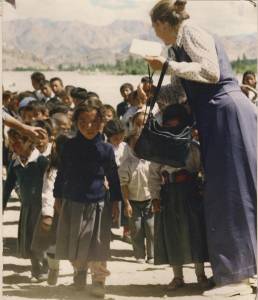
Gertrude with children at St. James' School
-
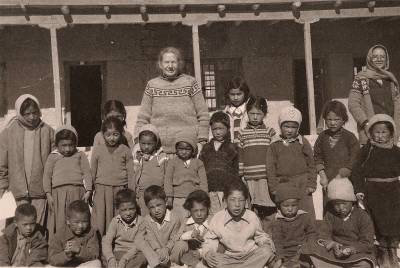
Gertrude at Shey
-
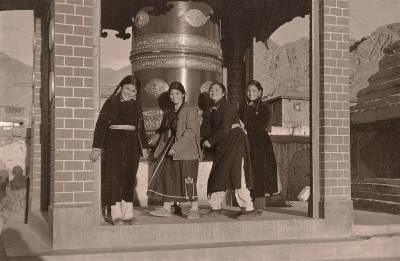
The Girls with Prayer Wheel
-
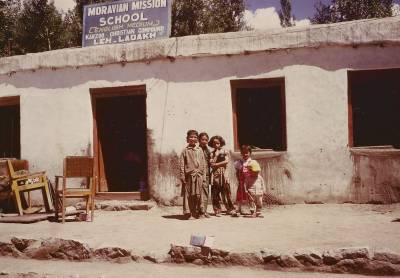
The School at Shey
-
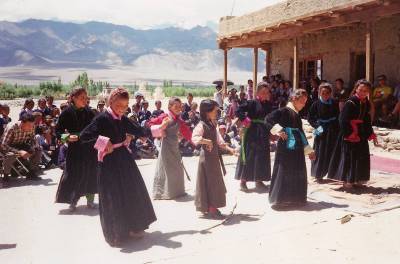
St. James School at Ley
-
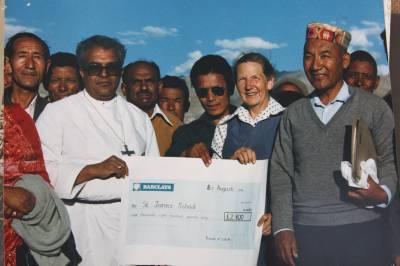
Fund raising cheque for the school
-
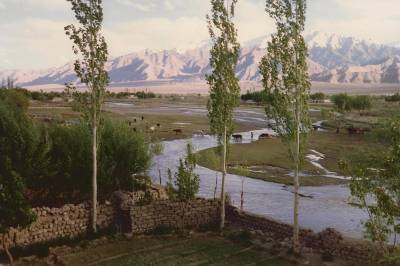
The River Indus Valley
-
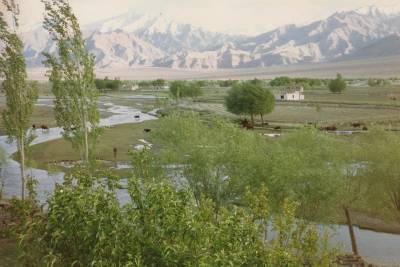
The Indus Valley
-
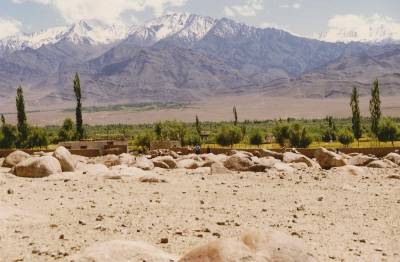
The mountains around Leh
-
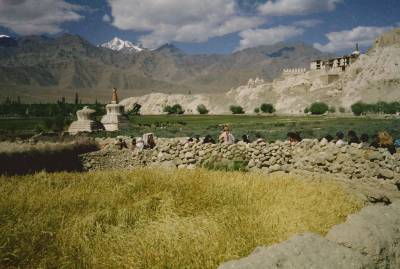
Parade going through the meadows
-
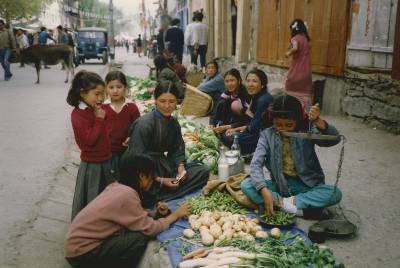
Street Scene in Leh
-
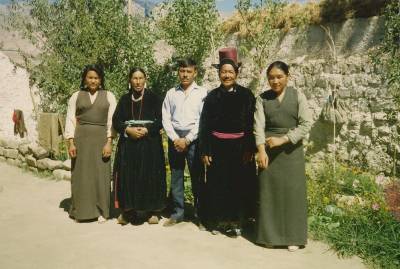
Family memebers at Leh
-
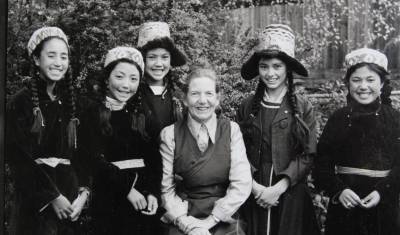
Gertrude with the Girls grom Ladakh
-
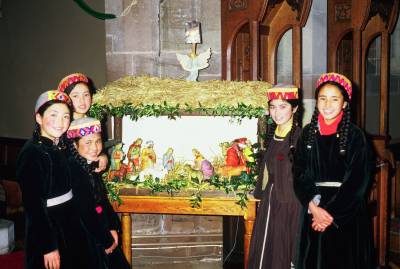
Girls from Ladakh in Church
-
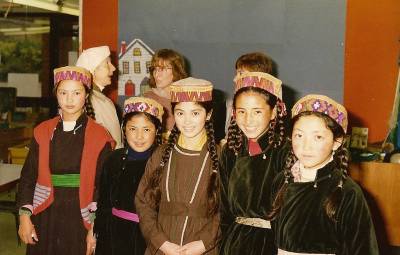
The Girls at Christleton Primary School
-
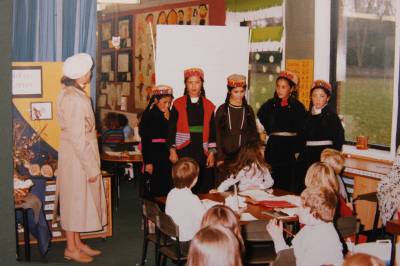
Girls from Ladakh in School
-
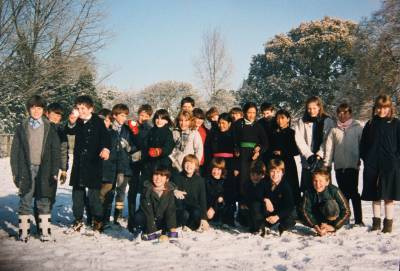
Girls from Ladakh in the snow
-
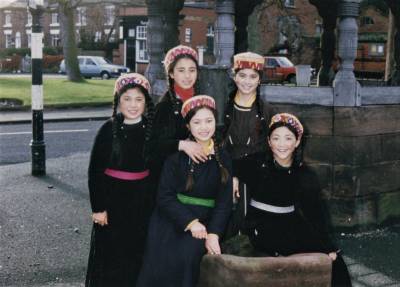
Girls from Ladakh by Christleton Green
-
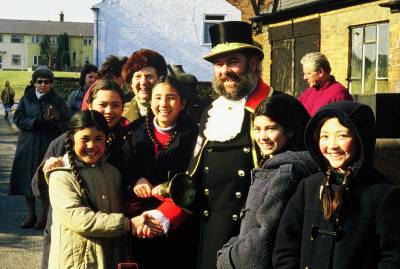
Girls from Ladakh with the Chester Town Crier
-
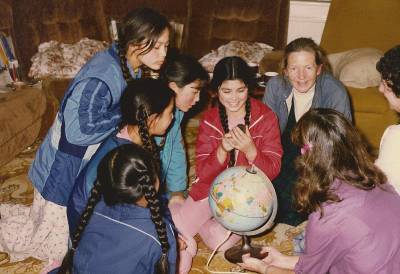
Girls from Ladakh at Croft Close, Rowton
-
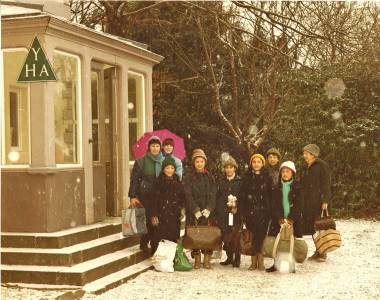
Weekend in the English Lake District

